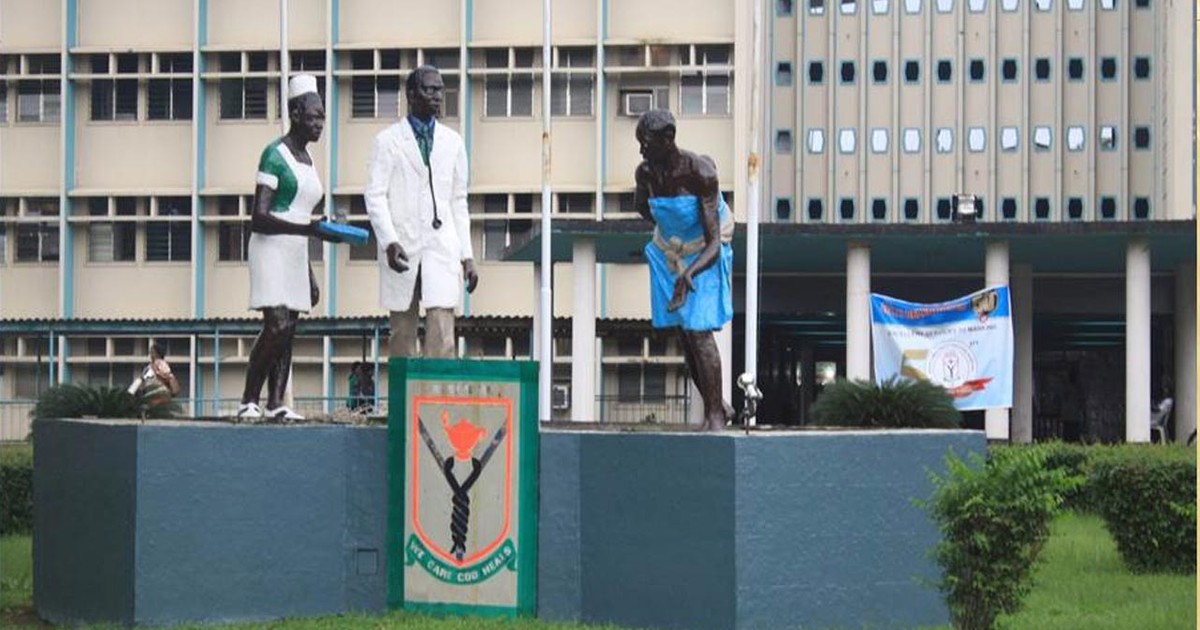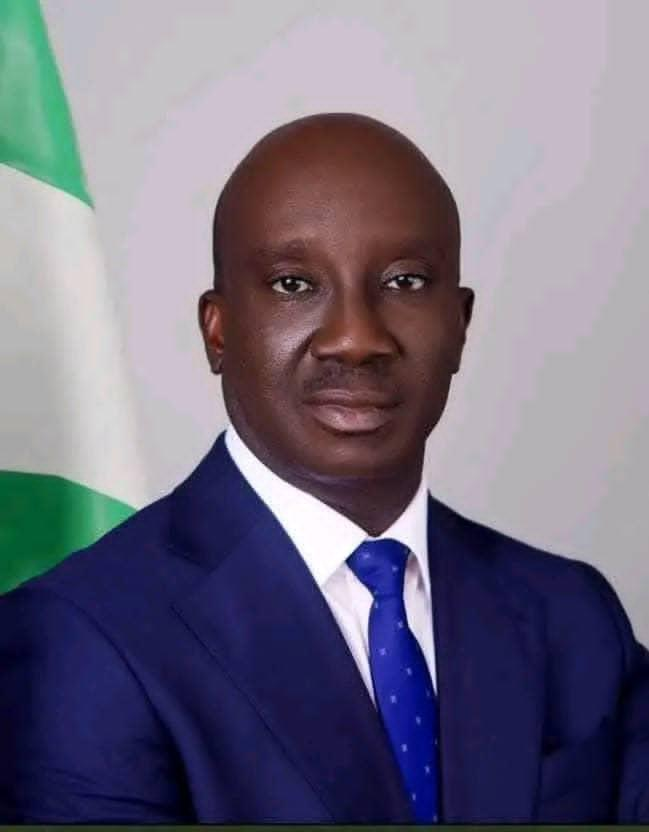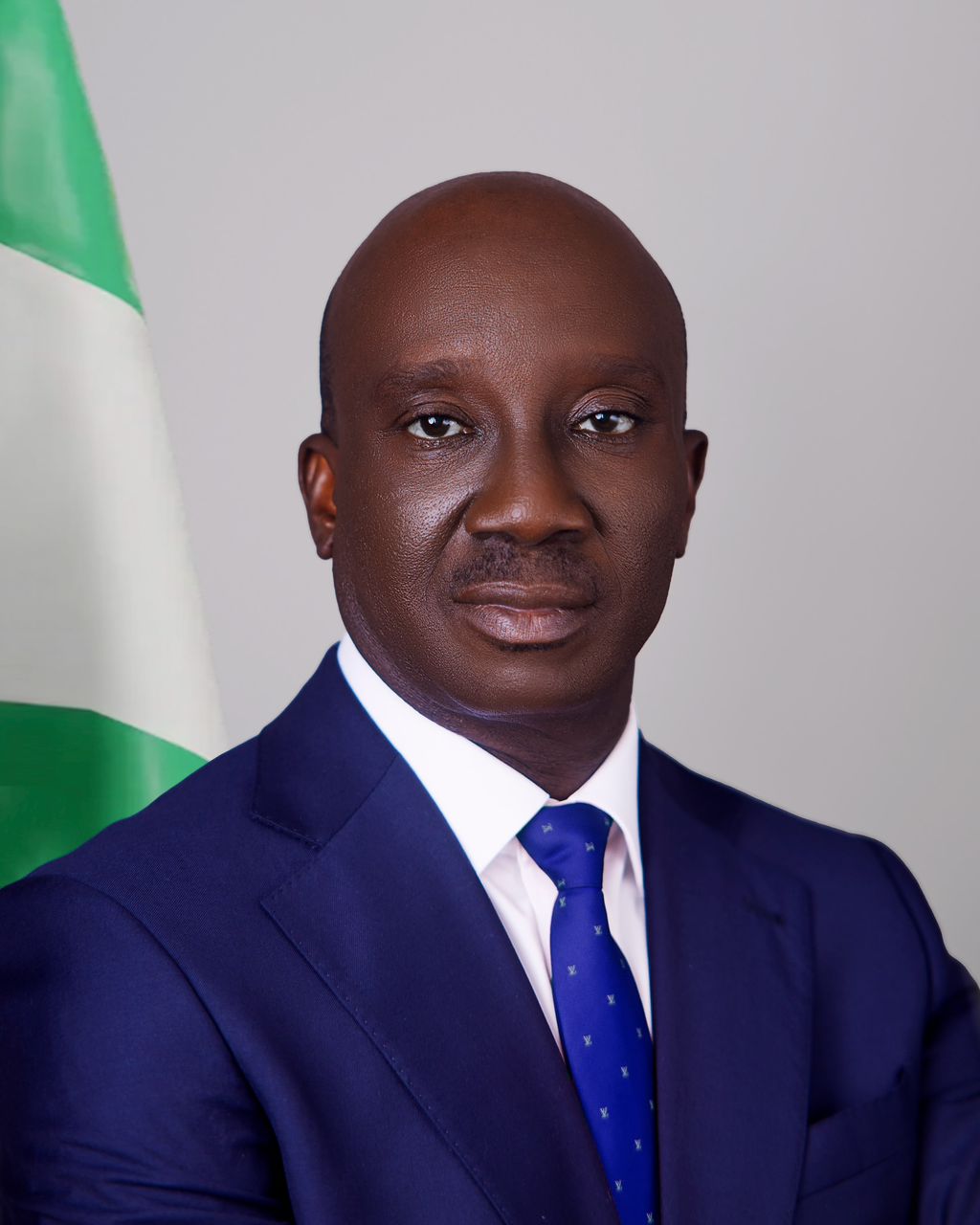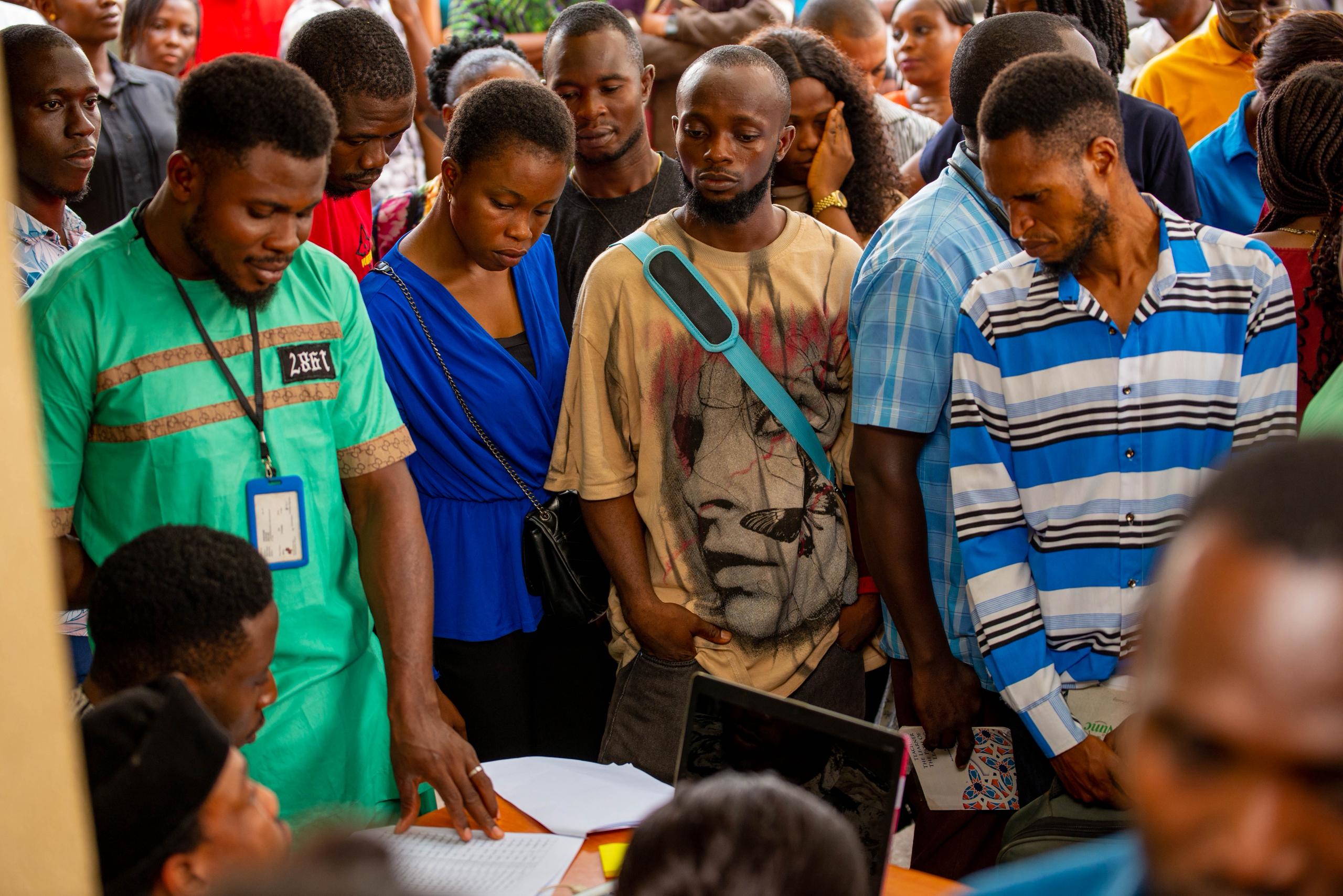Dr Abidemi Omonisi, Consultant Pathologist, revealed that Lagos University Teaching Hospital (LUTH) recorded 300 child cancer cases in one year.
Omonisi made this statement on Tuesday in Abuja at the in-country mission Programme Action for Cancer Therapy (imPACT) review.
imPACT, a division of the International Atomic Energy Agency (IAEA), assesses countries’ cancer control capabilities, identifies challenges, and informs them of gaps to aid future cancer control plans and implementation.
According to Omonisi, the recorded cases indicate an increase in childhood cancers in Nigeria, warranting prominence and attention.
As former Acting Director of the National System of Cancer Registry at the National Institute for Cancer Research and Treatment (NICRAT), Omonisi noted that focus had primarily been on breast, cervical, and prostate cancers.
“However, our registry data shows that children also suffer from cancer, including inherited cases.
“During my consultancy visit to LUTH, we discovered a changing trend.
“Previously dominant Burkitt lymphoma has given way to methodological malignancy, specifically leukemia.”
Omonisi said that the LUTH registry would serve as Nigeria’s first population-based childhood cancer registry, providing robust data for analysis.
He further said that by December, the collected data would be analysed, and findings would inform policy suggestions to the government.
Omonisi said the aim was to duplicate the childhood cancer registry in all six geopolitical zones.
Laura Haskins from the International Atomic Energy Agency (IAEA) stated that the review, requested by the Federal Government, aimed to analyse Nigeria’s cancer control capacities and needs.
“The IAEA, WHO, and IARC provide technical support to countries strengthening their cancer control.
“We acknowledge Nigeria’s existing capacity and seek to tailor our assessment to its specific needs.”
Prof. Musa Ali-Gombe, Director of Clinical Services at NICRAT, explained that the meeting’s objective was to engage stakeholders in Abuja and nationwide on their roles, challenges, and gaps in cancer control activities.
“Participants include academic institutions, medical professional associations, NGOs, and CSOs involved in cancer advocacy.
“This collaboration will produce a comprehensive document for the government to implement suggested improvements.”(NAN)




